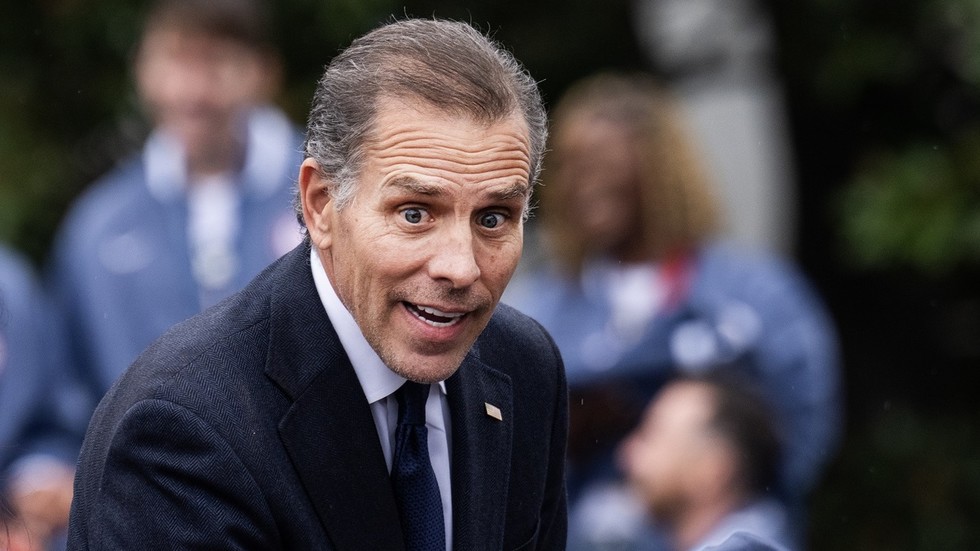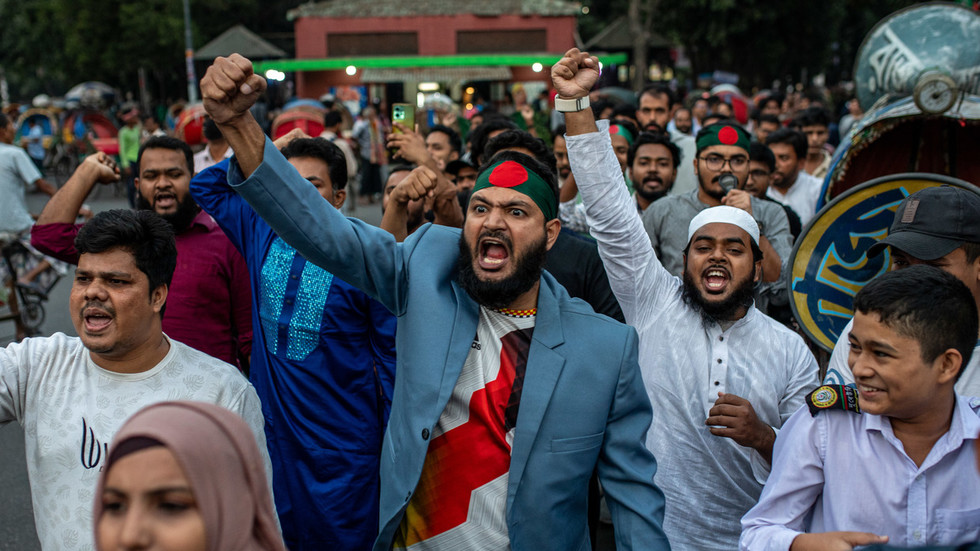Warren Buffett speaks during the Berkshire Hathaway Annual Shareholders Meeting in Omaha, Nebraska on May 4, 2024.
CNBC
This report is from this week's CNBC's "Inside India" newsletter which brings you timely, insightful news and market commentary on the emerging powerhouse and the big businesses behind its meteoric rise. Like what you see? You can subscribe here.
The big story
Warren Buffett once bet that an investment in an S&P 500 tracker would outperform most hedge funds.
Yet, that wager by the "Oracle of Omaha," who held Berkshire Hathaway's annual shareholder meeting over the weekend, would have also outperformed many other indexes too, including the BSE India Sensex and the Nifty 50.
For local investors, Indian stocks would have underperformed the U.S. benchmark by more than 45 percentage points since Buffett's 2008 bet. For foreign investors, returns would have been worse in U.S. dollar terms with a 280 percentage point gap between the two indexes.
It is also a story that's playing out today. The S&P 500 is up 9% this year, whereas the Indian benchmark is struggling to stay in the black. It appears that India's near 8% GDP growth isn't transforming into stock market returns.
So, what's missing?
"If you were a top-down investor, India looks amazing because it's got everything going for it," said Jonathan Pines, a contrarian investor and portfolio manager at Federated Hermes, who believes Indian stocks have a "completely crazy valuation."
Pines believes the Indian economy's rapid expansion has been tied together with the birth of new businesses and opportunities. But that has also meant significant competition for the incumbents, many of which are listed on the stock market.
"Even if India is going to get rapid GDP per capita growth, it doesn't mean that the entire stock market is going to grow its earnings at the same rate because you're going to get competition," he added.
Setting aside the comparison with the United States, where GDP per capita is more than $76,000, it would also be unfair to compare India with itself from a decade or two ago, according to Rajeev Agrawal, hedge fund manager and founder of DoorDarshi Advisors.
India's GDP per capita was $624 two decades ago and has risen 300% since. Agrawal thinks breaching the $2,500 mark has meant that Indian consumers now, for the first time, can spend on discretionary items, the hallmark of stock market growth worldwide.
This year has also been particularly unlucky for Indian stock market investors thanks to the uncertainty added by politics.
Analysts point to speculation that a dip in voter turnout during the first two phases of the ongoing general elections could mean that Prime Minister Narendra Modi's BJP may win fewer parliamentary seats than expected.
The India VIX index, more widely known as a fear gauge, has risen for 11 straight days, the longest run since March 2020. The index hit a record low before the election, but has since had its highest close in more than a year.

Get a weekly roundup of news from India in your inbox every Thursday.
Subscribe now
Finally, several Indian stocks also appear to be deflating out of a bubble, according to Kevin Carter, chief investment officer of the firm behind the India Internet & Ecommerce ETF.
For instance, One97 Communications, the owner of fintech giant Paytm and once backed by Buffett, has fallen nearly 80% since its IPO in 2021. Aside from its valuation normalizing, one of its former affiliates is dealing with a regulatory crisis.
But market watchers say increased volatility and lackluster index performance mean there's money to be made if investors look closer.
"This whole story is so early in India, and yes, there was a pandemic-fueled bubble. But that doesn't mean that the opportunity for real investors doesn't still exist," Carter added. "If you thought the Indian opportunity looked good before, you can [now] get twice as much of it for the same price."
Ignore the turbulence in Indian banks, like HDFC, as the central bank tightens the screws and instead turn toward microfinance lenders such as Ujjivan Financial Services, Agrawal said.
The former is down 12% over the past year, while the latter has more than doubled.
Need to know
Modi casts his vote at election half-way point. India's election crossed the half-way stage this week with counting set to begin on June 4. Prime Minister Narendra Modi cast his ballot on Tuesday in the Gandhinagar Lok Sabha constituency in the west of the country. Modi's close aide, Amit Shah, is the BJP candidate there.
Four arrested on suspicion of duping men into fighting for Russia. Four people have been detained by Indian police on suspicion of luring young men to fight for Russia against Ukraine. They were reportedly promised lucrative jobs or university places. So far, about 35 people have been lured into such situations, according to India's Central Bureau of Investigation.
Mumbai Indians drop out of the Indian Premier League. The cricket club on Wednesday was the first to be knocked out of the 2024 tournament. At the time of the keystroke, Royal Challengers Bengaluru were facing Punjab Kings and had the upper hand. Virat Kohli and Rajat Patidar are at the wicket 95 for 2.
What happened in the markets?
The Indian stock market indexes, the Sensex and Nifty 50, are having a miserable week — both down about 2%. The benchmarks have nearly given up all their gains for the year, up by under 1% since January.
The 10-year Indian government bond yield crawled lower in the last week to 7.13%. The Indian rupee dipped and then trimmed its losses against the U.S. dollar.
On CNBC TV this week, we had Praveer Sinha, the CEO of Tata Power, who discussed what the company is doing to boost its renewable energy capacity. He predicted "huge growth" in the country's power demand over the next decade.
We also had more on Qualcomm, with Savi Soin, the president of the firm's India unit, discussing opportunities in the Indian market.
And keeping with the tech theme, Ahmed Mazhari, the president at Microsoft Asia, spoke of the company's investments in Asia. He said India had a "great number of graduates" but questioned how many of them have the "skills and the proficiencies of today."
What's happening next week?
The elections will continue next week with voting staggered until June 1 and counting starting a few days afterward.
Next week, we'll have a listing for Aadhar Housing Finance, with shares available on the secondary market of the NSE and BSE on Wednesday.
TBO Tek, a travel distribution platform, will also list on Wednesday after the subscription period closes Friday.

.png) 6 months ago
38
6 months ago
38









